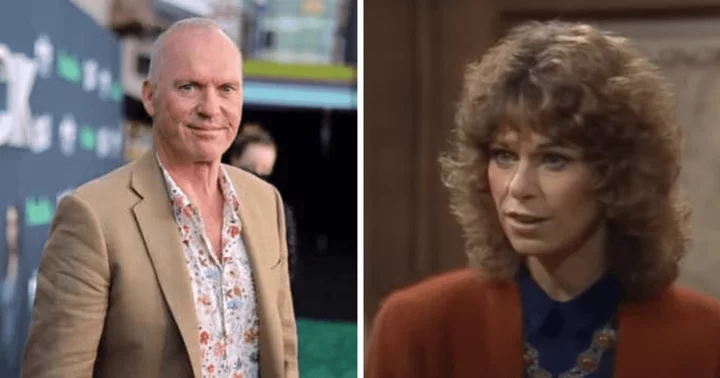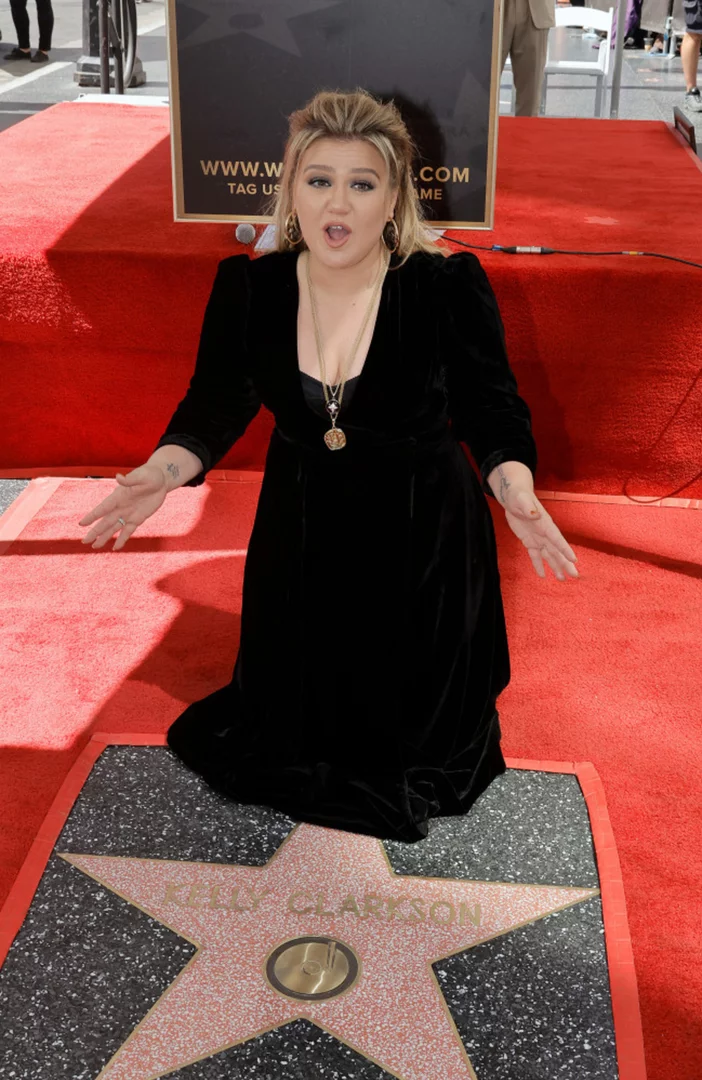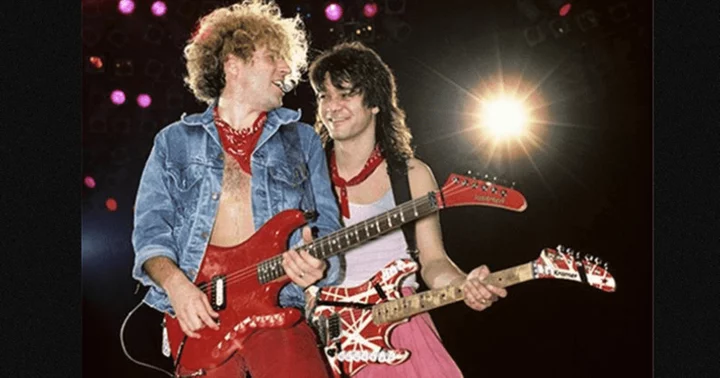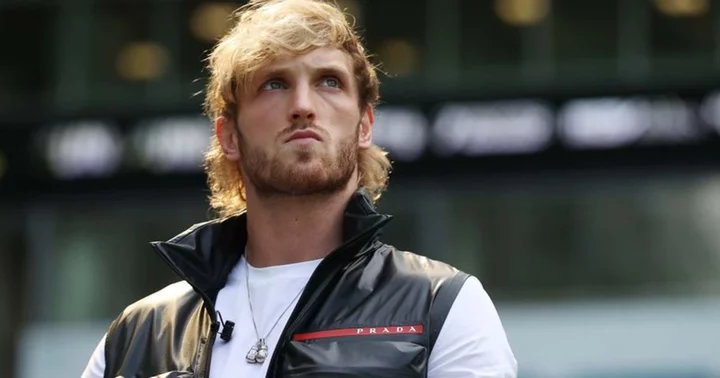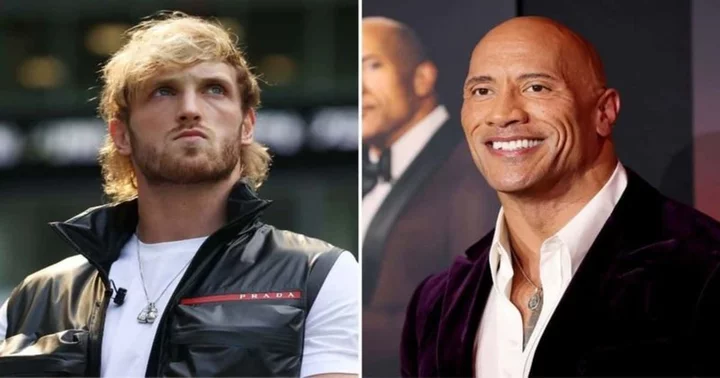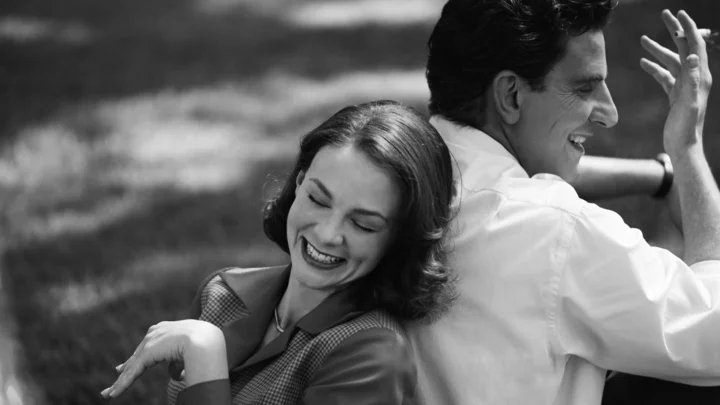A request by Ukrainian President Volodymyr Zelensky to address the Eurovision Song Contest final in the English city of Liverpool on Saturday has been denied by broadcasters.
In a statement posted on its website on Thursday, the European Broadcasting Union (EBU), which is an alliance of public service media organizations that oversees the event, stressed the importance of the "nonpolitical" nature of Eurovision, which is watched by millions around the world.
"This principle prohibits the possibility of making political or similar statements as part of the Contest," the EBU added.
"The request by Mr Zelensky to address the audience at the Eurovision Song Contest, whilst made with laudable intentions, regrettably cannot be granted by the European Broadcasting Union management as it would be against the rules of the event," the statement continued.
If he had been allowed to address the contest, the Ukrainian leader would probably have continued his pattern of using speeches at high-profile international events to draw attention to Russia's unprovoked invasion of Ukraine -- and Eurovision would have been a poignant stage on which to do so, given that this year's contest is being staged in the United Kingdom because Ukraine, the winner of last year's contest and the rightful host nation, is unable to host it due to the Russian invasion.
However, the EBU said it has taken great pains to ensure that Ukrainian music and culture feature prominently throughout the live final and semifinal events, which are being hosted by British broadcaster the BBC on behalf of Ukraine's public broadcaster, UA:PBC.
The EBU listed the appearance of 11 Ukrainian musical acts, collaborations with a Ukrainian design agency on branding and a series of 37 short films as examples of the "best way" to "reflect and celebrate Ukraine's Eurovision Song Contest win and show we are United By Music during these hard times."
Organizers confirmed last year that a Russian act would not be allowed to compete in the contest, with a statement noting: "The decision reflects concern that, in light of the unprecedented crisis in Ukraine, the inclusion of a Russian entry in this year's Contest would bring the competition into disrepute."


